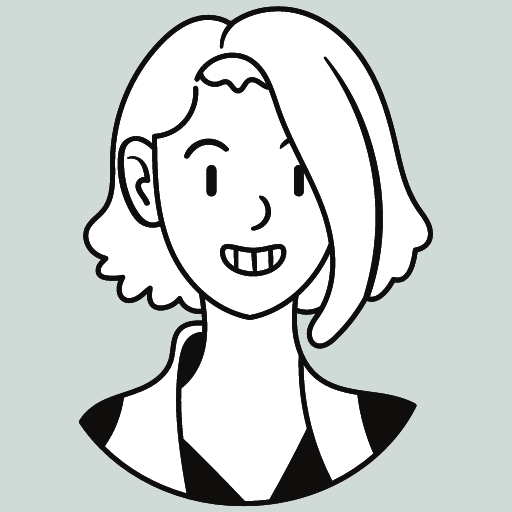Understanding Hay Fever Symptoms and Triggers
Hay fever affects approximately one in four people in Ireland, leading to a range of symptoms such as blocked noses, watery eyes, and itchy throats. These symptoms are triggered by three types of pollen: tree, grass, and weed, affecting individuals at different times throughout the year.
Impact of Warmer Temperatures on Hay Fever
With warmer temperatures arriving earlier in the year, the release of pollen and other allergens into the air is expected to worsen, making this spring and summer particularly challenging for hay fever sufferers. Pollen levels typically peak from March to September.
Effective Treatments for Hay Fever
Hay fever symptoms can be alleviated through various treatments, including:
- Tablets
- Nasal sprays
- Eye drops
Popular Antihistamine Treatments
Antihistamines, such as Fexofenadine, Cetirizine, and Loratadine, are commonly used to address hay fever symptoms. These medications work by blocking histamine, reducing symptoms like runny nose, sneezing, and itchy eyes or throat.
Benefits of Nasal Sprays
Nasal sprays, particularly corticosteroid sprays, can help reduce nasal inflammation and clear nasal passages, providing relief from sneezing and runny noses. Saline nasal sprays are also recommended for those seeking non-corticosteroid options.
Effectiveness of Eye Drops
Eye drops containing sodium cromoglicate are known to prevent the release of histamine in the eyes, offering relief from allergic reactions triggered by pollen and other allergens.
Immunotherapy for Long-Term Relief
Immunotherapy involves gradually exposing the body to allergens to build immunity, reducing or eliminating hay fever symptoms over time. This treatment targets specific pollen types that trigger allergic reactions.
Preventing Hay Fever Symptoms
To minimize hay fever symptoms, experts recommend:
- Using HEPA filters to reduce indoor pollen levels
- Keeping windows and doors closed during pollen season
- Regularly showering and changing clothes to remove pollen
- Applying petroleum jelly around the nostrils to trap pollen
Role of HEPA Filters
HEPA filters can effectively remove pollen and other allergens from indoor air, providing relief for individuals prone to hay fever symptoms. These filters trap microscopic particles, including pollen grains, improving indoor air quality.
